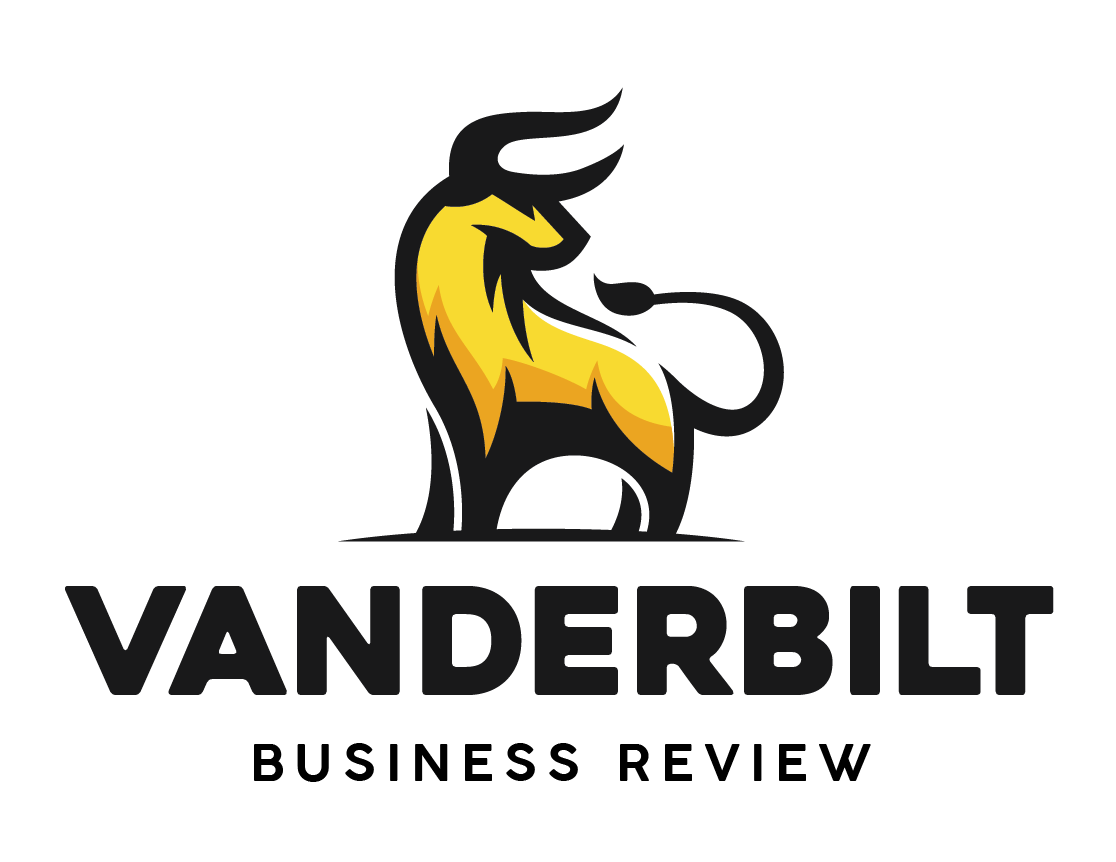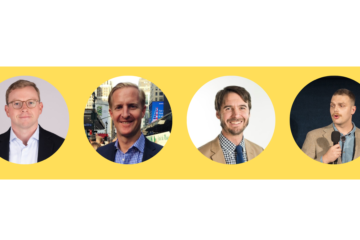Devrimb via iStockPhoto
One good thing that came out of the COVID pandemic was the increase in the understanding and development of technology, specifically artificial intelligence. Generative AI, such as ChatGPT, became popular overnight. An example is programs that create music based on different inputs or examples provided to the AI. This resulted in a large earthquake — a disturbance — in the music industry. One example is the Blair School of Music at Vanderbilt University, in which students dedicate the entirety of their time as an undergraduate working towards a degree in music. As a result, these students are in-the-know of what goes on in the music industry as they work to perfect their craft every day. I was able to interview some Blair students, (as well as a few students who attend the A&S school but are involved in music) to learn more about how AI affects music — and how that may affect their education or the industry as a whole.
In a recent survey given to freshmen, 28.57% of students believe that AI can replace the music industry, and it is actively doing so. 28.57% think AI is not causing any harm currently, but there are reasons to fear for the future. 14.29% of those surveyed recognize that there could be benefits and problems with depending on AI. Others are not sure, with 28.57% curious as to how AI will exactly affect the music industry once it is more integrated.
One Vanderbilt student, Renee Ho, commented that Generative Artificial Intelligence music programs are “stealing opportunities from small musicians.” Some students, like Zara B’far, have opposing views. They are not sure how AI has impacted the music department at Vanderbilt or the music industry. Other students, like Derrick Davidson, have not been exposed to “AI being used for music, and [are] curious on how AI would generate music.”
B’far recognizes AI as a “new fear” that is “creep[ing] its way into our organic and quintessentially human world of music.” The growth of Artificial Intelligence never stops. As AI technology increases across campus and beyond, students like Pierce Pearson are “intimidated” and “concerned,” and rightfully so.
This cry of worry is so loud, it’s reached the eyes and ears of state leaders.
In her article for AP News, Kimberlee Kruesi discusses the warnings industry experts have put out. This cry of worry is so loud, it’s reached the eyes and ears of state leaders. Tennessee has taken an important step by being the first state to pass legislation that focuses on protecting musicians from the weapon that AI technologies can be. Signed by Governor Bill Lee, the new law addresses concerns over the use of AI in songwriting and music creation, ensuring that artists retain rights to their original works. It establishes clear guidelines for using AI in music, mandating that any AI-generated content must be disclosed when utilized in commercial projects, promoting transparency and fairness.
Heraclitus, a Greek philosopher, once said something along the lines of “there is nothing permanent except change.” With students like Renee Ho and Finley Hartman who are against using AI for music and others who believe that AI standardizes “good music making,” there may only be growth with challenge and change. It remains unclear if the new Tennessean legislation will have either a positive or negative impact. As AI’s capabilities are expanding rapidly, its impact on the music industry will only be discovered years later on campus and in the industry — whether the tool becomes shunned, accepted, or the dominant factor.



